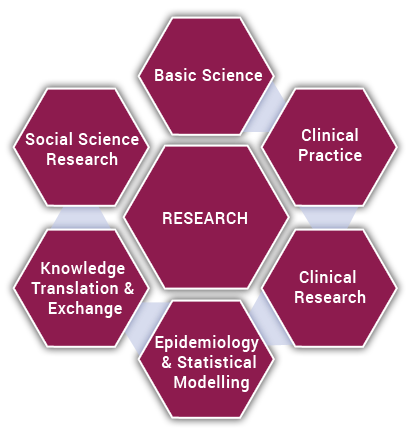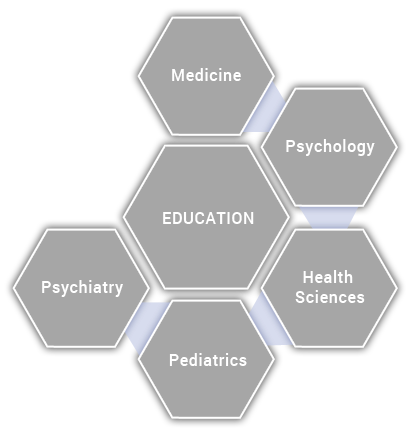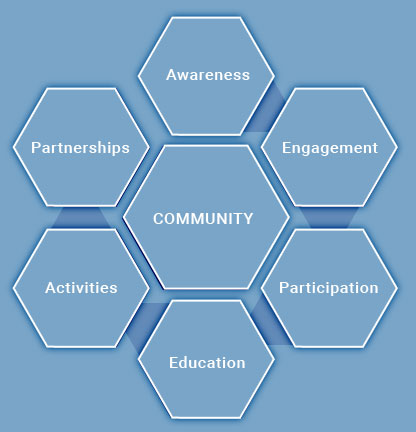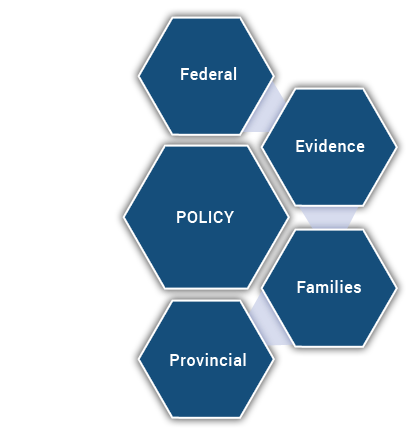From MacART’s Inaugural Autism Research Symposium
Stakeholder collaboration is an important part of MacART. At our first Symposium, these stakeholders – Autistic persons, family members, researchers, clinicians, clinician-researchers, and policymakers – developed the following research objectives:
- Shift the system’s emphasis from diagnosis to function
Autism develops early and over time. Tying intervention to red flags and developmental delays rather than a diagnosis will allow families to access interventions at the first emergence of signs for optimal development and outcomes.
- Achieving pragmatic balance
Understanding the shared characteristics of Autistic children must be balanced with a consideration of the individual needs of each child. Care should be personalized to each child’s strengths and relative weaknesses, while being standardized across patients.
- Focus on the whole family
Families are the driving force of change in Autism awareness and research. Interventions should involve families directly and families must be included in every aspect of research and treatment.
From MacART’s 2nd Autism Research Symposium: Rethinking Autism Training
At our second Symposium, focused on ‘Rethinking Autism Training’, stakeholders identified the following training priorities:
- Embedding Stakeholder Collaboration into Training Programs
Stakeholder collaboration must begin early, and be integrated at the training level, in order to foster lasting relationships. To ensure success, parameters and principles for meaningful collaboration must be identified and evaluated.
- Building Infrastructure & Capacity for Interdisciplinary Training
There is a need to develop infrastructure for accessible evidence-based training connecting those coming from diverse disciplines, backgrounds, and perspectives.
- Using Diversity in Personal Experiences to Advance Training
We all share a common vision of supporting those living with Autism. Drawing from motivational training approaches can create opportunities to utilize and embrace this diversity to advance interdisciplinary training models and initiatives.




